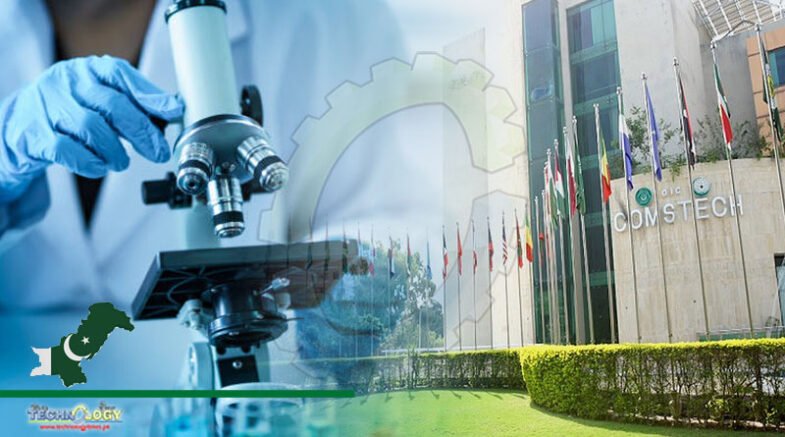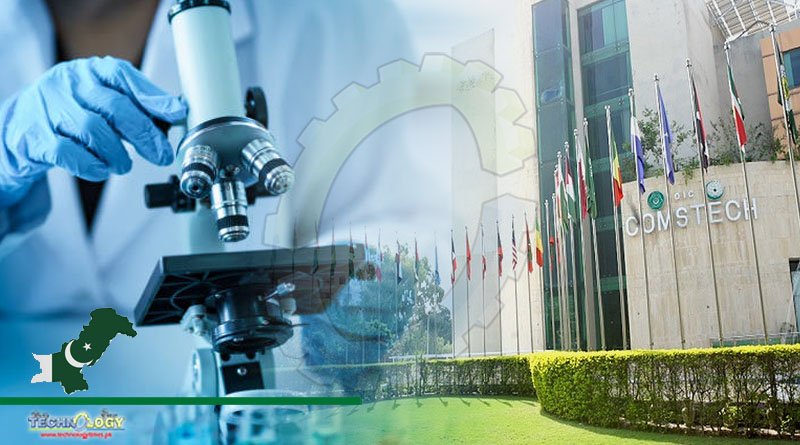This session’s science research projects funding ranges from $10,000 to $15,000 per project. Two Pakistani scientists have received research grants totaling Rs. 6.06 million.

For the session 2022, the OIC ministerial standing committee on scientific and technological cooperation (COMSTECH), Islamabad, and the International Foundation for Science (IFS), Stockholm, Sweden, have chosen 18 Science research projects from 12 OIC member countries: Bangladesh, Benin, Burkina Faso, Cameroon, Mali, Morocco, Niger, Nigeria, Pakistan, Togo, Tunisia, and Uganda. Projects in the fields of Food Sciences, Biological Sciences, Environmental Sciences, Agricultural Sciences, Natural Sciences, Biomedical Sciences, Physical Sciences, Genetic Engineering, and Health Sciences have received a total of $221,762 in funding. This session’s science research projects funding ranges from $10,000 to $15,000 per project. Two Pakistani scientists have received research grants totaling Rs. 6.06 million.
In 1998, COMSTECH signed an agreement with the International Foundation for Science (IFS) in Stockholm to strengthen science and technology in OIC member countries. The joint programme is valuable because the two organisations’ mandates are similar and they have strong common interests in capacity building in developing countries. The primary goal of the collaboration is to improve research capability in the OIC region and reap a bountiful harvest by obtaining matching grants from IFS (US$ 0.1 million per year) for OIC scientists and institutions. COMSTECH and IFS each contribute equally to the program’s funding. IFS administers the research grants.
COMSTECH’s core mandate is to strengthen cooperation among OIC Member States in science and technology (S&T) and to enhance their capabilities through training in emerging areas, to undertake follow-up actions and implementation of OIC resolutions, and to develop programmes and submit proposals to increase the capability of Muslim countries in science and technology (S&T). The ultimate goal is to foster a scientific culture while also utilising science and technology as a major contributor to socioeconomic development and rapid industrialization.
The International Foundation for Science was established in 1972 as a non-governmental organisation in Sweden, with its secretariat in Stockholm. It was founded in 1965, following the Nobel Prize-winning Pugwash Conference in Venice, to promote original research and scientific growth in low- and lower-middle-income countries (LLMICs).
